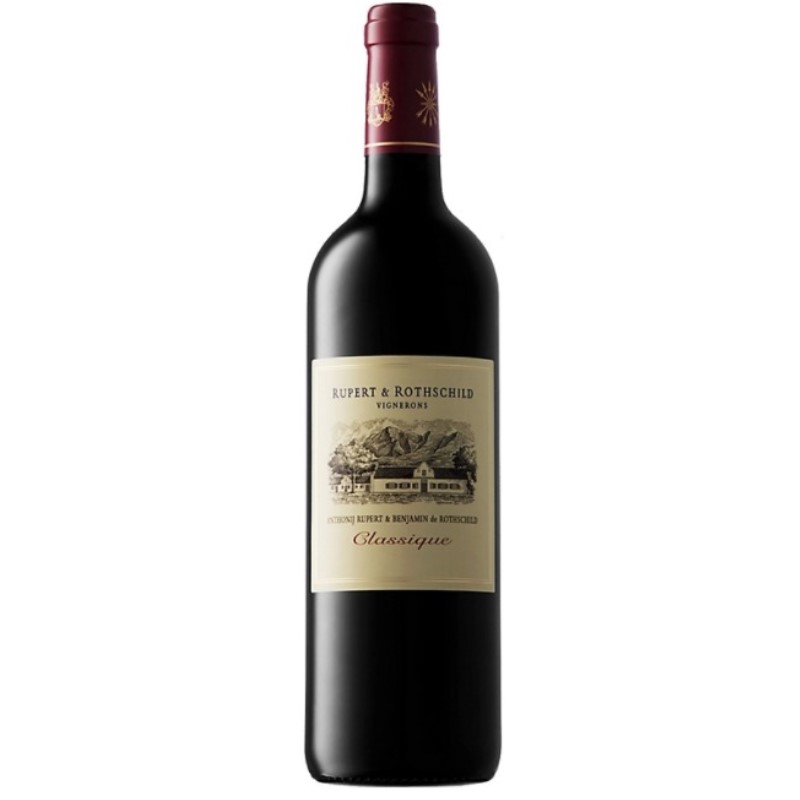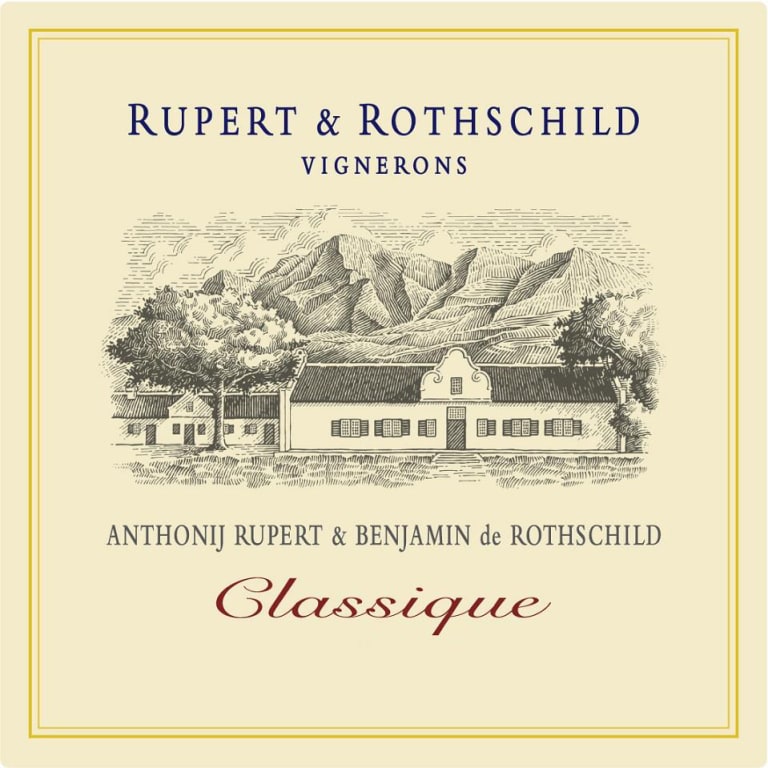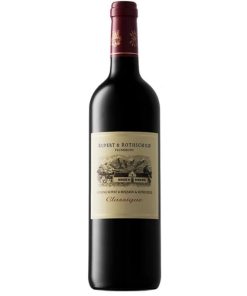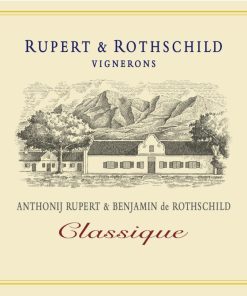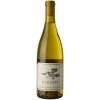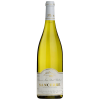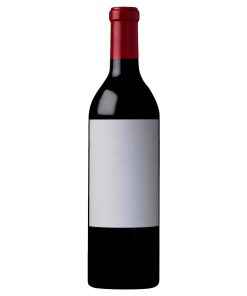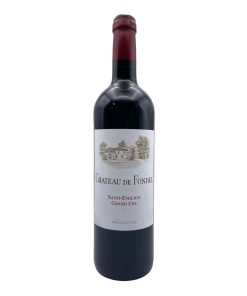2017 Rupert & Rothschild Classique
$19.00
Out of stock
2017 Rupert & Rothschild Classique
2017 Rupert & Rothschild Classique
Blackcurrant and plum aromas combined with cedar wood and graphite nuances. Abundant fresh berry flavors with fine textured tannins and a lingering aftertaste.
At the foot of the spectacular Simonsberg mountain in the Franschhoek valley lies the historic French Huguenot farm Fredericksburg, established in 1690 and now home to Rupert & Rothschild Vignerons. It was in this valley that the early French Huguenots first discovered a terroir similar to that of certain winegrowing regions in France, over 300 years ago. Hence, their decision to settle and cultivate vineyards here.
In addition to the Rupert and Rothschild families striving to produce world-class wines, they are deeply committed to the preservation and conservation of the environment. The cellar is no exception when it comes to the philosophy of its owners: here, preservation and conservation are applied throughout thanks to the use of both traditional and modern winemaking techniques.
To produce the finest quality wine, meticulous attention is given to vineyard and cellar practices. Preserving the grapes at their optimal state prior to initiating the winemaking process is truly one of the great secrets of producing wine. At Rupert & Rothschild the bunches are carefully harvested by hand and intervention during the winemaking process is kept to a minimum.
With an important wine renaissance in full swing, impressive red and white bargains abound in South Africa. The country has a particularly long and rich history with winemaking, especially considering its status as part of the “New World.” In the mid-17th century, the lusciously sweet dessert wines of Constantia were highly prized by the European aristocracy. Since then, the South African wine industry has experienced some setbacks due to the phylloxera infestation of the late 1800s and political difficulties throughout the following century.
Today, however, South Africa is increasingly responsible for high-demand, high-quality wines—a blessing to put the country back on the international wine map. Wine production is mainly situated around Cape Town, where the climate is generally warm to hot. But the Benguela Current from Antarctica provides brisk ocean breezes necessary for steady ripening of grapes. Similarly, cooler, high-elevation vineyard sites throughout South Africa offer similar, favorable growing conditions.
Related products
2018 Ca’ del Baio Vallegrande Barbaresco 2018 Ca’ del Baio Vallegrande Barbaresco has a garnet red color; intense nose, with powerful fruit, dried flowers and underbrush; dry taste, smooth and rounded, ending in a warm finish with nicely-balanced tannins. A natural match for roast and terrine meats, mature cheeses and fondues, meat and vegetable soups. [...]
Bordeaux Blend
